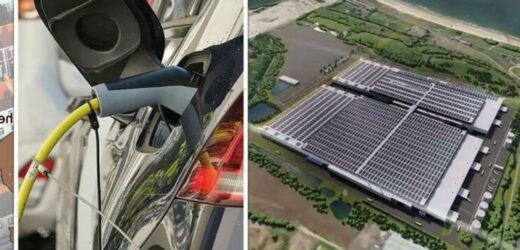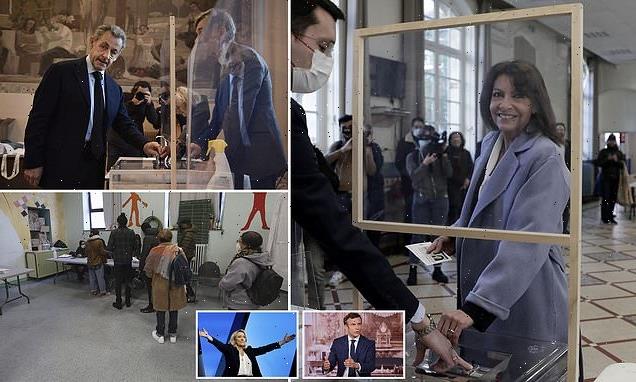Bentley CEO reveals they're moving to electric cars
We use your sign-up to provide content in ways you’ve consented to and to improve our understanding of you. This may include adverts from us and 3rd parties based on our understanding. You can unsubscribe at any time. More info
Since Russian President Vladimir Putin invaded Ukraine over a month ago, the costs of many commodities, like energy, fertilisers, and minerals, have reached record levels. Western power’s sanctions on Russia have caused the price of nickel to skyrocket in the past month, as Russia is the third-largest global exporter of this metal. Nickel is a vital metal in the electric vehicle industry as it is one of the key raw materials used in certain electric vehicle battery cells.
In light of this, Britishvolt, a UK startup that’s working to build the country’s first large-scale gigafactory is leading the way in safeguarding its supply of nickel by signing a deal
They have signed a deal with VKTR, a leading Indonesian company, to establish a nickel sulphate facility in Indonesia, to ensure the supply of the battery raw material to Britishvolt’s first full-scale gigaplant in Northumberland, UK.
Speaking to Express.co.uk, Timon Orlob, Chief Operations Officer at Britishvolt highlighted the significance of ensuring a nickel supply.
He said: “The importance of securing supply is increasing on a daily basis as performance battery chemistries trend towards increased nickel content to improve battery deliverables (inc. rapid charge, range) for the higher end of the EV market.


“[This deal] is significant, not only to secure nickel as a raw material, but at the same time export Britishvolt’s ESG principles and commitments into the wider battery industry and actively support countries to embed ESG standards whilst helping to improve, and drive embedded carbon out of, global supply chains.
Given its proximity to Europe, Russia is the primary supplier of Nickel for European manufacturers.
However, Mr Orlob noted that the war in Ukraine is forcing countries and companies to rethink their supply chains, particularly as Western powers sanction Russia’s economy, while Putin threatens to cut off the supply of gas to Europe.
He continued: “Indonesia is the world’s number one producer and is quickly building out its own EV ambitions, therefore our partnership with VKTR is of vital importance and strategically logical.

“[This deal] will certainly help the UK to diversify nickel supply, and depending on how international relations with Russia evolve over the coming months and years, it sensibly allows for alternative supply chains to be set-up.
“The engagement and project will take some time to realise but it immediately gives a clear alternative pathway to nickel supply for the UK.”
The two companies are also looking into developing an electric battery gigaplant in Indonesia as well.
The price of nickel rising around the world has even given electric vehicle giants like Tesla a hard time, with some experts noting that Elon Musk’s company has had to shift some of its vehicles to a non nickel-based battery, which may perform worse than the standard nickel based cells.
DON’T MISS:
UK makes another ‘stunning’ nuclear fusion breakthrough: World-first’ [REVEAL]
Putin’s plot to hold Germany to ransom could end in disaster [INSIGHT]
Energy crisis: UK unveils ‘urgent’ £375m energy package to slash bills [REPORT]


Mr Orlob noted that the war in Ukraine is putting the global nickel supply chain at risk.
He said: “The global nickel supply chain, inclusive required conversion processes until it reaches an EV in the form of the batteries, is long and complex.
“Therefore, supply shortages are not felt immediately, more just the price volatility.
“ Further, as nickel is mainly used in the stainless-steel production process, there are potential substitutions between the two industries and therefore a direct link cannot be made to a tight nickel market for EV supplies.
“It is more likely that EVs are impacted by the ongoing semi-conductor shortage.
“The same is true for all vehicles – not just EVs. In fact, the entire auto sector, from ICE to EVs, is adversely affected by shocks to global supply chains.”
Source: Read Full Article


